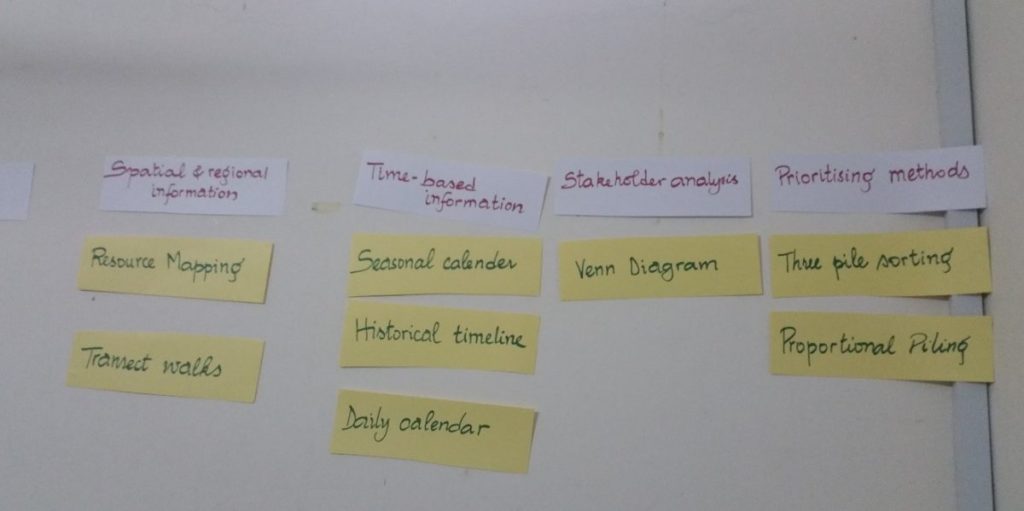Anne Marie McCarthy, Plan International Ireland’s Emergencies’ Coordinator reports live from Dakar.
For Plan International, as we move towards our goal of improving the lives of 100 million girls, we must, as we count, remember the potential impact that we can have on each one of those girls. I have visited a number of countries for Plan International now, and in each country you meet some of these girls and get to know their stories and it is these stories rather than the numbers and the targets that must motivate us.
However, we do need to get better at counting and being able to measure the impact that we have. This is part of the process of being accountable to all of our stakeholders – the communities that we work with, the people and institutions that allow us to do this work with the funds that they provide, and the public in general, who are increasingly questioning the work of NGOs like Plan International and whether or not we need to focus on poverty in our own countries first. The first two Humanitarian Principles of humanity and impartiality mean that we work towards saving lives and alleviating suffering and work in an impartial way on a needs basis and these principles guide our work in the increasingly difficult contexts in which we work.
Last week I participated in a training session in Louga Senegal, for Plan International staff on carrying out needs assessments, which further enhanced our staff’s skills in finding out what people really need and how we can address these needs. The staff used a range of tools to consult with a broad section of community members. The photo below was taking during the training outlining the range of tools available.

During the training, malnutrition was identified as an issue in the area, caused by the lack of availability of food and water and poor infant feeding practices. In the area, farmers have difficulty in growing crops as it only rained twice last year and the water in the nearby lake is pumped to Dakar, so people can’t irrigate. The Plan International team will now develop a programme based on the needs identified.
In order to be able to measure the impact of this or any programme that we do, we need to understand the starting point, or baseline, so that after a given period of time, we can talk to the communities again and measure progress. Typically these surveys are done using paper, whereby answers are noted on paper, then transcribed into a computer, then analysed. This traditional method was inefficient as it meant handling the data twice, making it prone to human error at all levels (wrong answers being given, questions being skipped, wrong answers being transcribed etc).
Plan International Ireland is planning to use digital surveys to collect data which will improve the quality of the data that we collect and will allow us to do so in a more cost-effective and timely manner. Staff will need to be trained to do this and a certain investment in the technology, but this will allow us to measure our contribution to reaching 100 million girls.
However, numbers will only tell us so much. A final Senegalese proverb states that ‘Your ears are wiser than you are’, highlighting to me the importance of listening to the voices of the 100 million girls.